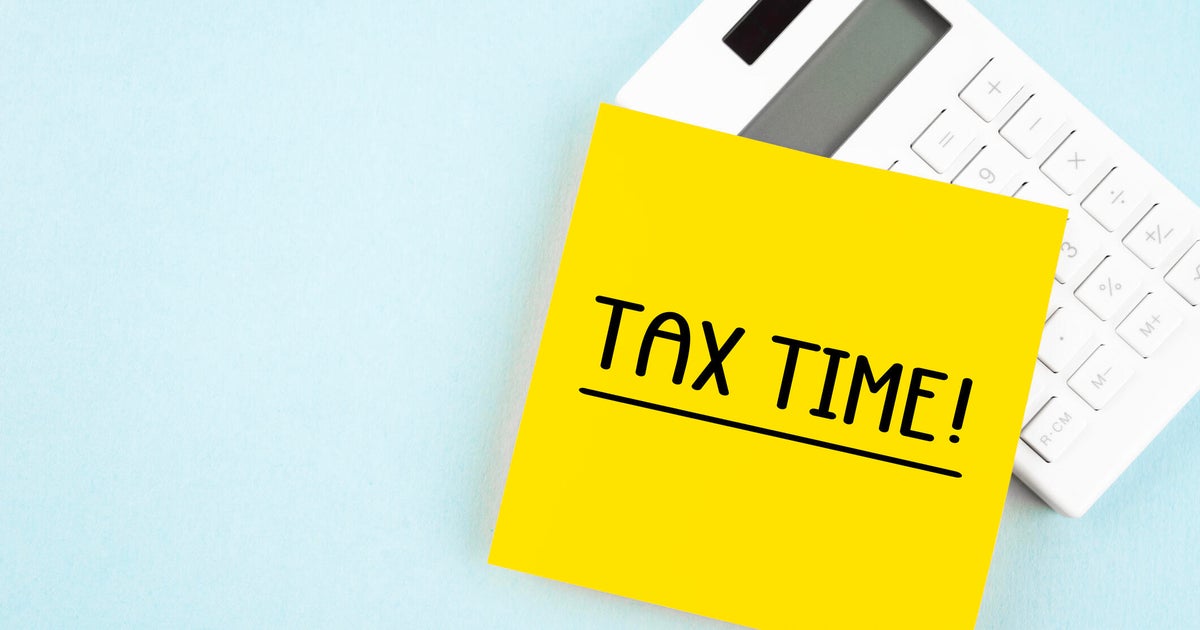The biggest traveler complaint during the pandemic was not getting a refund for a canceled flight. Here's what to do
Consumer complaints against airlines are up 300% above pre-pandemic levels. But the No. 1 traveler complaint, according to the U.S. Department of Transportation, wasn't overbooking. It wasn't lost luggage — and it wasn't flight delays or cancellations.
It was not getting a refund.
The inability of airline passengers to get refunds on flights that were canceled was the top complaint received by the Department of Transportation, which received more than 169,000 complaints total from travelers in 2020, 2021 and 2022.
In the midst of the pandemic in 2020, many airlines either refused to issue refunds or tried to persuade passengers to accept flight credits or travel vouchers.
That resulted in even more passenger complaints, because in many cases, the travelers had booked flights for specific time-related reasons — weddings, business meetings, family reunions — and had no use for future trips. And in a majority of those cases, the trip credits or vouchers had an expiration date. A third problem: The issuing of those vouchers or credits essentially meant that passengers were giving the airlines interest-free loans.
What airlines didn't widely disclose or volunteer at the time was a longstanding U.S. Department of Transportation rule that states that any time an airline cancels a flight — for any reason — passengers are entitled to an immediate refund back to their original form of purchase, even if they had bought a so-called "nonrefundable" ticket.
This rule applied and still applies to any airline flying to or through the United States — both U.S. carriers and foreign airlines that land or take off in the U.S. A cancellation is more than just an airline canceling a flight. Even if the airline tells you they are moving you to another flight later the same day, that still constitutes a cancellation, and you're entitled to that refund.
Airlines didn't just fail to widely disclose this rule. In some cases, it was openly ignored by a number of airlines. In one instance, Air Canada made a public statement that it was not going to refund money to passengers for canceled flights because it claimed it was only governed by Canadian law. But shortly into the new Biden administration — and new leadership at the U.S. DOT — the agency decided to take enforcement action and proposed a $25 million fine against Air Canada, the largest fine of its kind in the history of the department, for refusing to issue those refunds. While the fine was later reduced to a little more than $2 million, the message was received, and Air Canada started writing refund checks.
In the meantime, a growing number of U.S. passengers, frustrated in their failure to get their money back, headed for small claims court, where the maximum claim limits average $7,500, and sued the airlines directly. In many cases, they obtained judgments against the carriers, and ultimately got their money returned.
As a result of the federal action against Air Canada and a growing number of small claims cases, most airlines changed their policies. United was first to eliminate the pre-pandemic era draconian ticket change fees — if a passenger canceled a flight or wanted to change to a later one, the fee for changing that flight in many cases wiped out the value of the original ticket. And other airlines followed suit. In doing so, the rule change meant that passengers would not lose their money if they canceled their flights — the money would be placed in a separate bank or credit account that the passenger could use for future flights. In most cases, they'd have a year to use those funds.
When COVID cases continued and new variants appeared, the airlines then extended the validity of those credits and funds through 2022, then many again extended the expiration date, through 2023.
But the airlines weren't alone in not giving refunds. Cruise lines, travel and tour operators, hotels and resorts, many of whom weren't capitalized strongly, meaning they didn't have a lot of money available to weather the financial crisis caused by massive requests for refunds, first refused to give refunds and insisted only on issuing vouchers good for future trips. Some companies later went out of business, making those vouchers and credits worthless. The consumer affairs division in the offices of many state attorneys general are still actively involved in pursuing those refunds. When one well-known cruise line — Crystal — failed and ceased doing business, $155 million in pending passenger refunds disappeared.
How can travelers protect themselves? One, always pay for travel with a credit card. Under the Federal Credit Act, if you don't receive what you contracted for within 60 days of making the purchase, you can dispute the charge on your credit card statement. The credit card company will issue an interim credit and investigate, and that would ultimately become a permanent credit. But there's an inherent problem with that 60-day window. Most travel providers — especially cruise lines and tour operators — ask for sizable deposits as much as six months out.
To protect your deposits and full payments when booking a big-ticket trip, ask the supplier to put your money in third-party escrow, so that the funds are not released until the trip commences (no different than the financial model for buying real estate). That prevents the seller from using your money to satisfy other debt before you take your trip. Some U.S. states have travel seller escrow provisions, so always check.
And in the meantime, for airline flights, remember that Department of Transportation rule.




